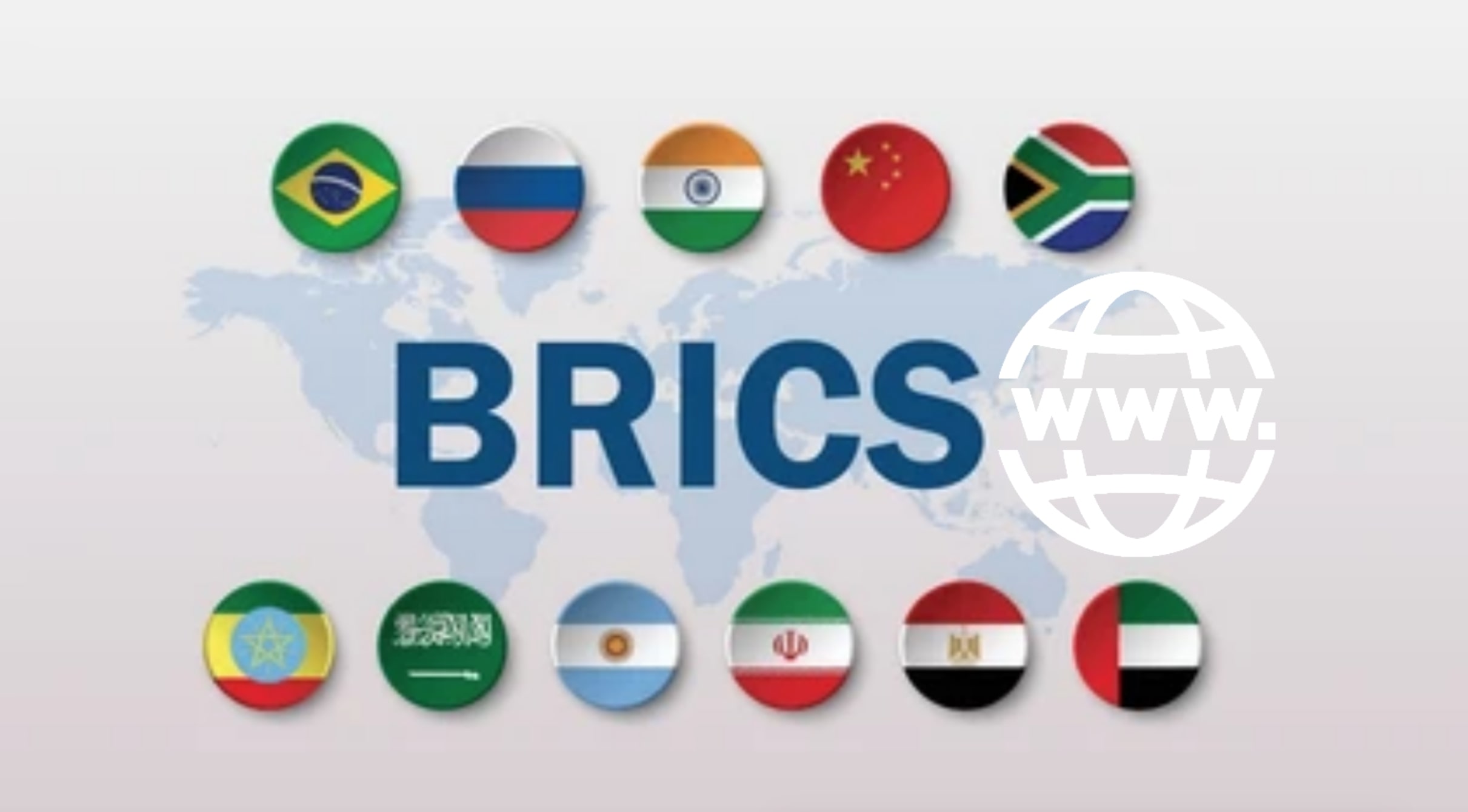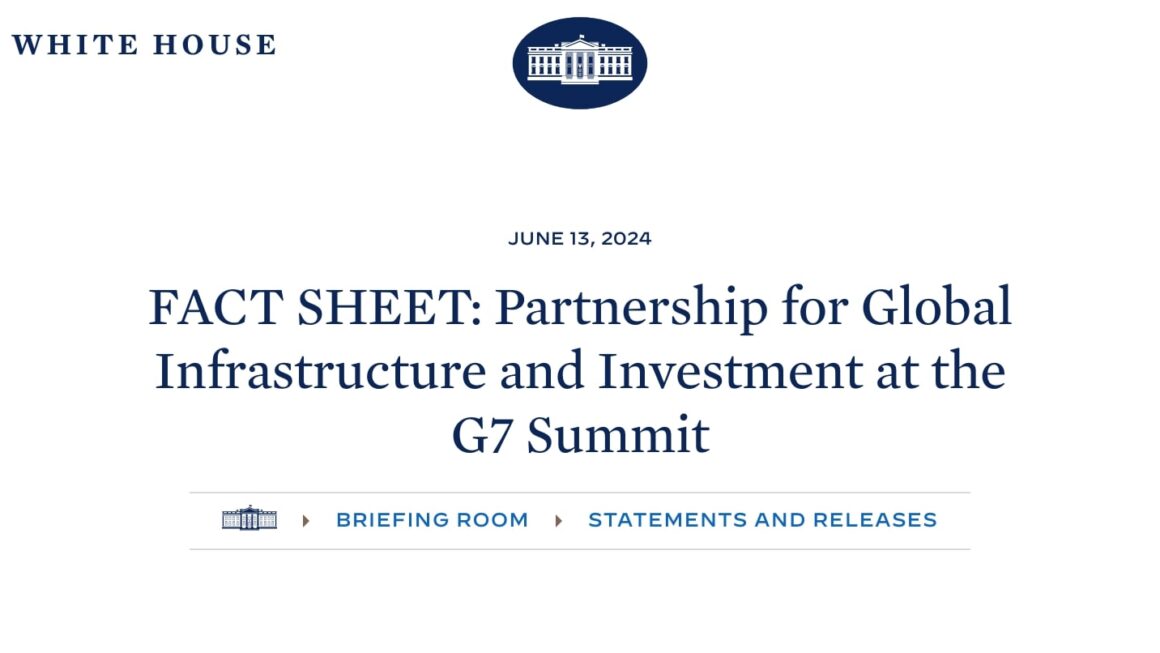BRICS Nations Consider Shifting Away from US Internet Services: A Strategic Move for Digital Independence
Introduction
In a bold move that reflects a desire for increased autonomy and reduced reliance on the United States, the BRICS nations—Brazil, Russia, India, China, and South Africa—are contemplating a significant shift away from US-based internet services. This move, driven by concerns about data sovereignty, cybersecurity, and geopolitical considerations, has the potential to reshape the global digital landscape. In this article, we will explore the motivations behind BRICS’ interest in distancing themselves from US internet services and the potential implications of such a strategic shift.
Motivations for Change
- Data Sovereignty Concerns:
- One of the primary motivations behind the BRICS nations’ contemplation is the growing emphasis on data sovereignty. As the digital landscape becomes increasingly intertwined with geopolitical considerations, countries seek to ensure that their citizens’ data is stored and processed within their national borders, safeguarding it from potential external interference.
- Cybersecurity and National Security:
- Recent instances of cyber threats and attacks have heightened concerns about the vulnerability of digital infrastructure. BRICS nations are exploring alternatives to US internet services as a measure to enhance their cybersecurity and protect national interests from potential cyber threats, which are becoming more sophisticated and prevalent.
- Geopolitical Considerations:
- Geopolitical tensions and evolving global power dynamics contribute to the BRICS nations’ interest in reducing dependency on US-centric digital platforms. By diversifying their internet service providers, these countries aim to mitigate risks associated with overreliance on a single country’s technology infrastructure.
- Digital Independence:
- BRICS nations aspire to achieve digital independence, allowing them greater control over their technological infrastructure, policies, and regulations. By developing or relying on alternative internet services, these countries aim to reduce their reliance on foreign technologies and assert more influence over their digital destinies.
Potential Implications
- Global Digital Landscape Shift:
- A collective move by BRICS nations away from US internet services could significantly alter the global digital landscape. This shift might lead to the emergence of alternative platforms, technologies, and standards, diversifying the options available to countries around the world.
- Market Impact:
- The decision to distance themselves from US internet services could impact the market dynamics of major tech companies based in the United States. As BRICS nations explore alternatives, it may create opportunities for the development of homegrown tech ecosystems within each member country.
- Technological Innovation:
- The pursuit of digital independence may drive technological innovation within the BRICS nations. By investing in domestic tech industries and fostering research and development, these countries could position themselves as global leaders in emerging technologies.
Conclusion
The contemplation by BRICS nations to move away from US internet services represents a significant strategic shift in the digital realm. Motivated by concerns over data sovereignty, cybersecurity, and geopolitical considerations, these countries aim to assert greater control over their digital destinies. As this narrative unfolds, the world may witness the rise of alternative digital ecosystems and the emergence of new players in the global technology arena. The BRICS nations’ quest for digital independence signals a dynamic transformation in the interconnected world of technology and geopolitics.














